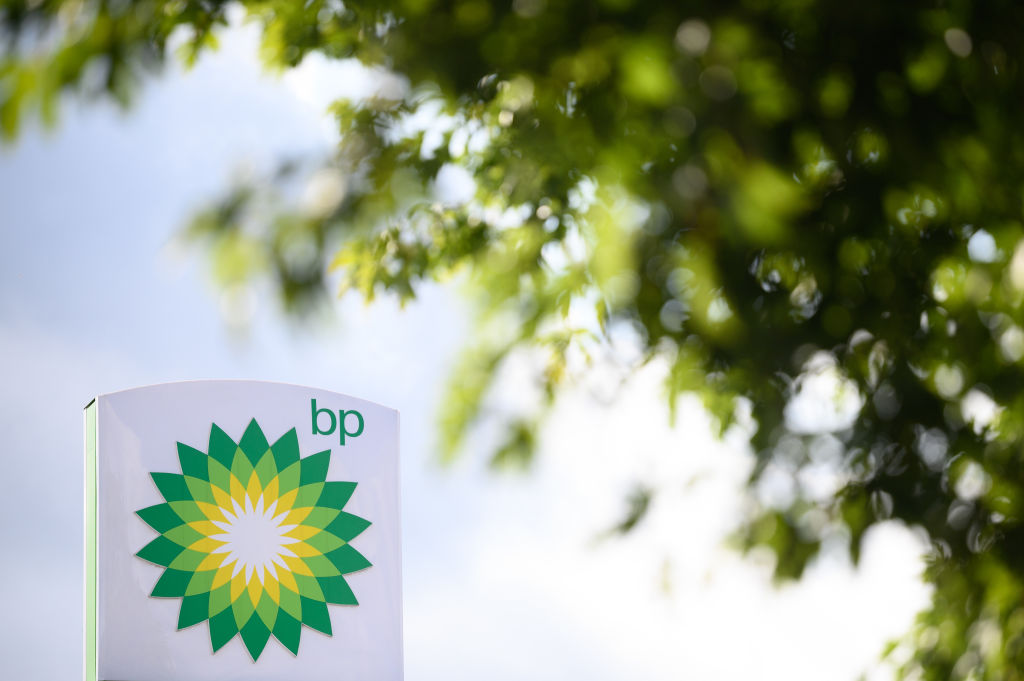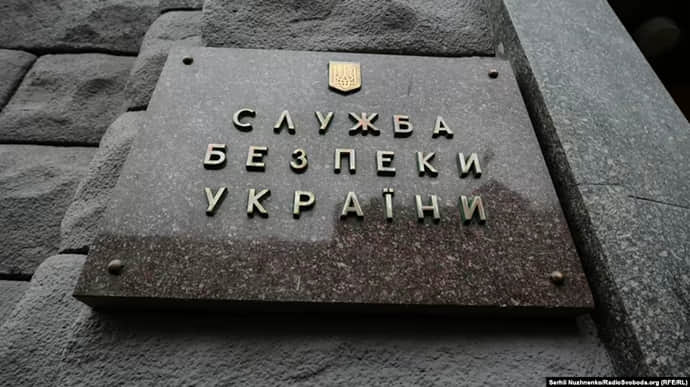Activist Bluebell: BP net zero plan still too green – and other shareholders agree
BP first faced calls to change its net zero strategy from Bluebell Capital Partners in January


Activist investor Bluebell has launched a fresh attack on oil supermajor BP over its net zero policies.
Bluebell first opened fire on BP in January with a 30-page letter that said the firm had too much exposure to renewable energy projects and not enough focus on fossil fuels.
Now its chief executive has claimed to have confirmed his displeasure is rife among other BP investors.
According to a report in The Telegraph today, Giueseppe Bivona said he has spent the last three weeks talking to 30 of the group’s top investors.
“With the exception of one shareholder, I am still to find someone who supports BP in its entirety,” he said.
Bivona said he plans to share negative feedback with BP with names redacted, which he said will “clearly expose them to the fact that many investors are sympathetic to what we are saying”.
This, he says, will be a “wake-up call” for the firm and its newly-minted boss, Murray Auchincloss who opted to stick with the green energy policies rolled out by his disgraced predecessor Bernard Looney, who unexpectedly resigned in September last year.
Bivona claims that this strategy is eroding shareholder value, by investing in loss-making renewable energy projects, while rival petrogiants are getting ahead.
Shell, through its first year under leadership from Wael Sawan, has certainly shown where its strategic preferences lie, posting $28.3bn in 2023 profits driven by oil projects and a burgeoning gas portfolio.
Indeed, last week, Shell chief Wael Sawan said that his company would continue to be judicious with renewable investment.
That’s because, according to Shell’s calculations, global renewable investment is around £1-2 trillion behind where it needs to be to reach net zero by 2050 and that “significant investment will be required to keep supplying oil and gas while low-carbon alternatives are developed and made commercially available.”
Bluebell’s criticism of BP comes just over one month since the firm beat 2023 expectations with a $27.6bn (£21.6bn) full-year profit haul and accompanying $3.5bn (£2.7bn) buyback programme for the first six months of 2024.
From a share price perspective, it’s been a struggle for the company in the last year, with just 2.3 per cent in gains that look particularly meagre in the shadow of its openly fossil fuel focused-UK supermajor rival Shell, which has seen a 15 per cent year on year rise.
Neither BP nor Bluebell could be immediately reached for comment, but at the end of January said it had “met with most of our major shareholders recently and continue to receive support for our strategy.”



